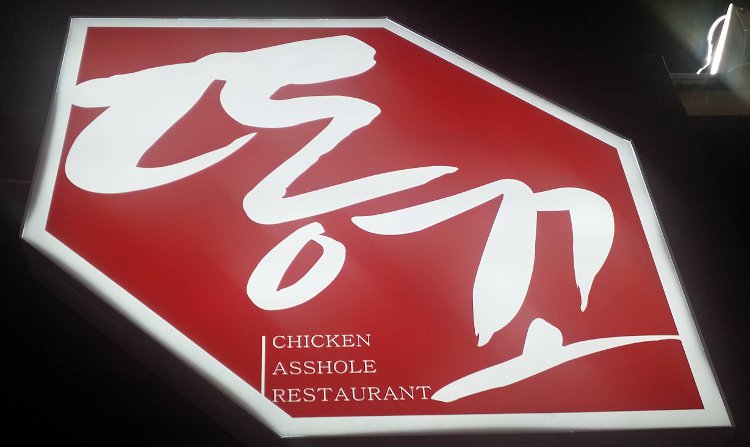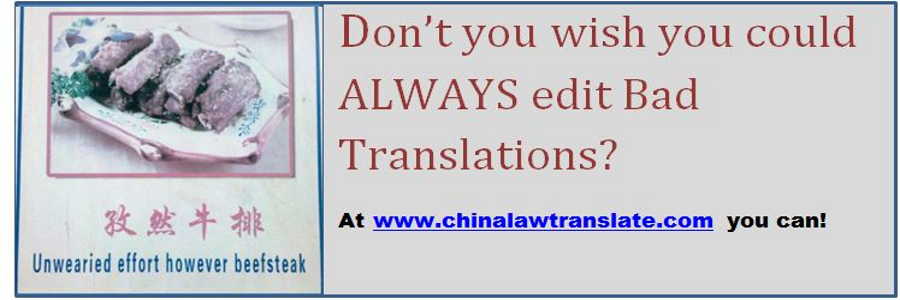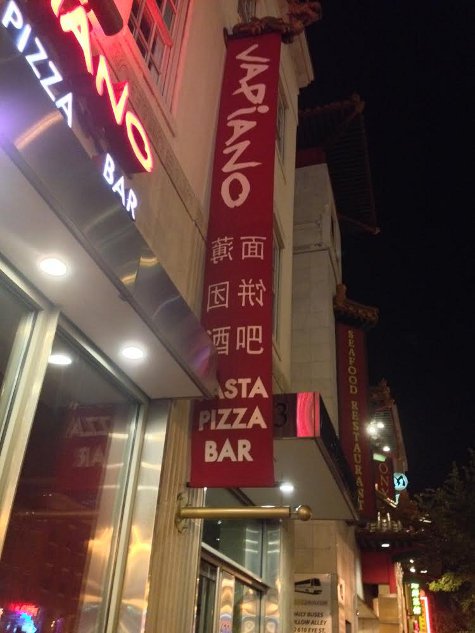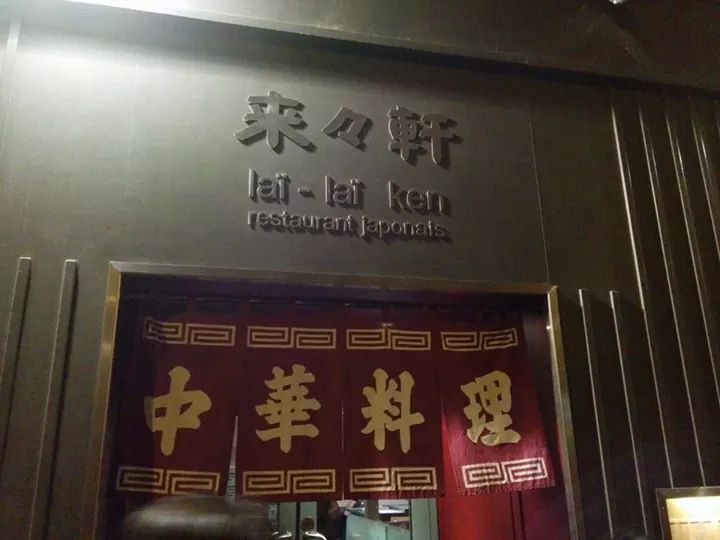Wanton soup
In "Wantan soup for überman hubby" (3/15/14), we discussed the miswriting of húntún tāng 餛飩湯 ("wonton soup") as kūnzhūn tāng 䐊肫湯 (which I playfully rendered as "wantan soup"), using the "flesh" radical instead of the "food" radical for both characters. Several of the commenters to that earlier post suggested that "wanton" would have been an appropriate mistranslation to match the miswriting.
Read the rest of this entry »




